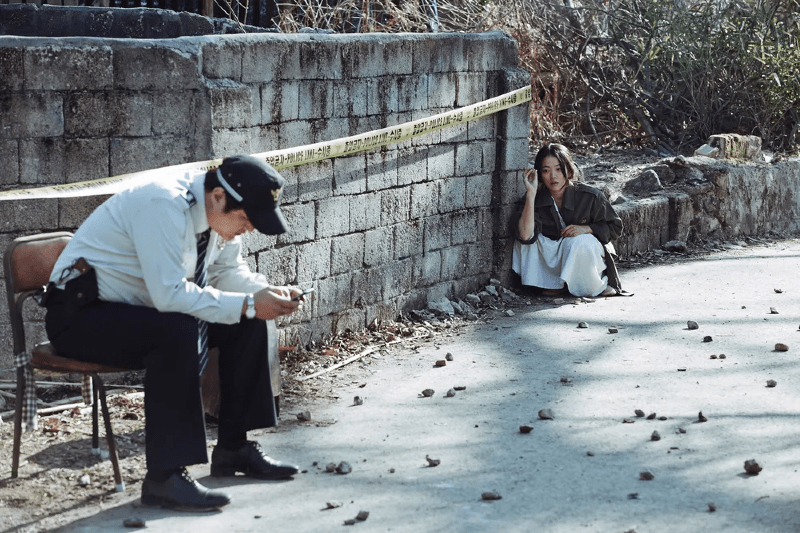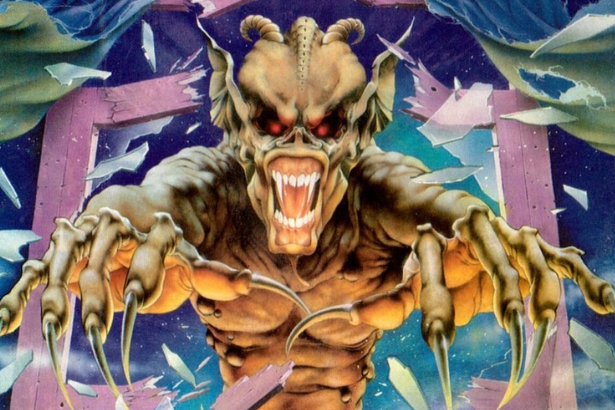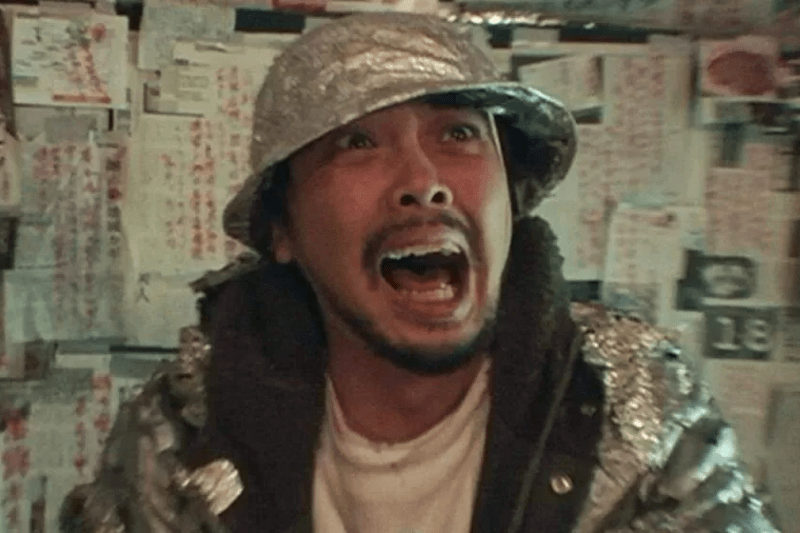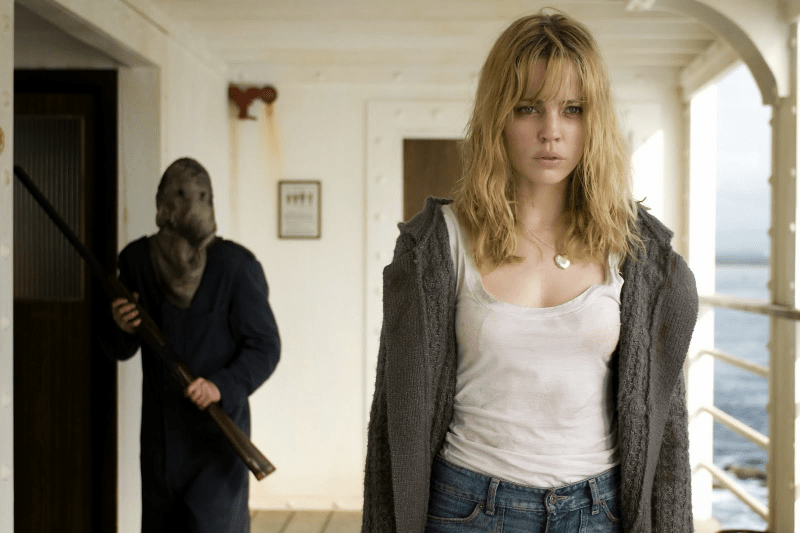When Na Hong-Jin’s film The Wailing was released in 2016, it was immediately praised for its genre-bending and boldly experimental storytelling. It is a rich film that masterfully explores themes of religion, folklore, and moral ambiguity. But underneath its surface—yet deeply ingrained in each of its storytelling elements—The Wailing does something even more impactful: it speaks as the voice of a generation.
Become a Free Member on Patreon to Receive Our Weekly Newsletter
To appreciate this amazing subtext of The Wailing, let's first consider the brief history of South Korea. The Korean War ended on July 27, 1953, leaving the country in ruins and its economy in shambles. However, South Korea has embarked on a period of rapid economic growth over the last sixty years. As a result, the country experienced an economic miracle in a matter of decades, transforming it from one of the world's poorest nations to one of the wealthiest. This economic transformation has profoundly impacted Korean society, leading to a deep divide between older and younger generations.
The older generation in South Korea grew up in a time of extreme poverty and political turmoil. They experienced the Korean War, which left the country devastated. They worked hard and sacrificed immensely to rebuild the country and create a better future for their children. They are more likely to value tradition and a sense of community. On the other hand, the younger generation in South Korea has grown up in a time of economic prosperity and rapid social change. They have access to the latest technology and have more freedom to pursue their dreams and ambitions. This has led to a more individualistic culture where personal happiness and self-expression are highly valued.
Caught between these two generations lies a group of Koreans, roughly aged 30-45, grappling with the intricate balance of their Korean identity. The struggle arises from their desire and obligation to uphold their culture's cherished heritage and customs, while simultaneously embracing the ever-evolving dynamics of the younger generation. Enter Jong-goo (Kwak Do-won), the central character who personifies this generation's struggle. Jong-goo is both surrogate and spokesperson, embodying the archetypal Korean "everyman." With an ordinary job, a modest-sized family, and a relatable societal position, he serves as a compelling figure that resonates with this conflicted generation. In Jong-goo, we discover the embodiment of a generation yearning to make sense of their place in an ever-changing Korea.
When following Jong-goo's journey, we find that The Wailing is all about choices. Choices that seem impossibly unclear to Jong-goo and impossibly unclear to the audience as well. In many scenes, Jong-goo is forced to choose a direction, and these choices increasingly carry more and more weight in Jong-goo’s life. In this way, the audience is asked to experience and participate in a version of the internal struggles within Jong-goo’s generation. To feel the desperation and sense of directionlessness in the face of ever-increasing stakes. Jong-goo is constantly stuck between rival factions that manifest themselves through aspects of age, religion, and Korean traditionalism.
When we are introduced to Jong-goo, he dutifully follows his mother-in-law's command to have breakfast before heading to work. This seemingly mundane act takes on deeper significance later in the film when it is his mother who urges him to seek the help of a shaman. Jong-goo, ever respectful of his mother's wishes, honors her advice. This sheds light on the prevalent concept of social hierarchy deeply rooted in traditional Korean society. This is an important distinction when contrasting the behavior of Jong-goo's daughter, Hyo-Jin (Kim Hwan-hee). In stark contrast to her father's obedience, Hyo-Jin's rebelliousness manifests, at first, in small acts of precociousness. However, as the story progresses and she falls victim to possession, her defiance intensifies. Hyo-Jin openly challenges, mocks, and harshly criticizes her father, creating a stark juxtaposition to the traditional respect expected towards elders.
Another essential element that permeates The Wailing is the exploration of religion. The film presents a fascinating dichotomy between two faiths—the Christian Deacon (Kim Do-yoon) and the Korean Shaman (Hwang Jung-min). These religious figures are not integral parts of Jong-goo's life; they emerge as external influences he desperately turns to for solutions. Jong-goo's mother-in-law introduces him to the Shaman, while his colleague introduces the Deacon, both in the hope of finding answers to his mounting problems. Once again, we see a tug-of-war between an older style Korea and a newer cultural transformation, a vibrant clash of two distinct eras. Yet, neither of these forces can provide the resolution Jong-goo seeks. The Shaman actively betrays Jong-goo, while the Deacon—inexperienced and naive—proves inadequate as a guiding presence.
The final distinctions are the characters of Moo-myung (Chun Woo-hee) and the Japanese Stranger (Jun Kunimura). Appropriately, Moo-myung in Korean translates to “no-name,” and so neither of these characters has a true identity in this film. Here, Moo-myung can represent Korean traditionalism, while the Japanese stranger is a symbol of outsider influence. While Moo-myung is presented as a ghost, she is more akin to the revered Seonangsin of Korean mythology—an ethereal guardian protecting villages from misfortune and calamity. Throughout the narrative, both Moo-myung and the Stranger vie for the allegiance of our protagonist, Jong-goo, professing their roles as his protectors. Unfortunately, both characters present themselves as cryptic and untrustworthy, leaving Jong-goo desperately lost yet again.
While The Wailing may seem like a tale between good and evil, we can see now that there is much more nuance involved in the storytelling. When considering the dichotomy associated with age, one might assume the mother-in-law represents the lesser evil with her supportive nature and well-intentioned guidance for Jong-goo. However, her advice unwittingly steers him straight into the hands of the enemy. Similarly, Moo-Myung is ultimately presented as a guardian, yet she and the enigmatic stranger never fully disclose their motives to Jong-goo, leaving him entangled in uncertainty. No one has the answers for Jong-goo, and the tragedy of the film is that when Jong-goo finally makes a decision for himself, it ends in the destruction of his family.
In the heart-wrenching chaos that unfolds, the haunting loss of self and family becomes an ever-present dread for the "in-between" generation. A pivotal moment captures this profound struggle for identity just before Jong-goo's life spirals into chaos. Seated at a Korean BBQ restaurant—drinking soju while the meat sizzles on the grill—he echoes the sentiments felt by countless Koreans: "Can anyone make sense of what's happening here?" The brilliance of The Wailing lies in its ability to encapsulate this pervasive uncertainty. It artfully embodies the anguish of a generation torn between countless paths, each seemingly incapable of guiding them toward their desired sense of self. With gripping intensity, the film delves into the profound anxieties of a generation yearning for clarity that remains elusive.







